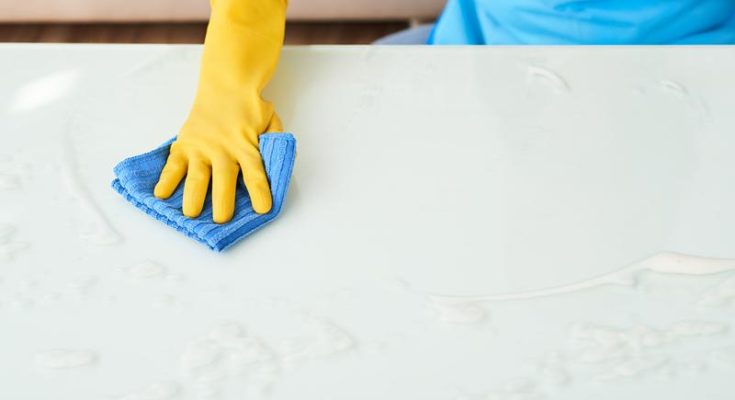Silestone has become a preferred surface for many homeowners seeking durable and elegant quartz kitchen countertops. Silestone, as one of the most popular engineered stone brands, offers a combination of beauty, resilience, and practicality suited for tropical living. However, even the toughest materials need proper care to maintain their shine and integrity. Understanding the correct cleaning methods not only keeps your countertop looking new but also ensures it performs well over the years.
Do: Use Mild Cleaning Agents and a Soft Cloth
Routine cleaning should always be simple. Use a mild detergent or pH-neutral surface cleaner mixed with water for daily spills or light dirt. Wipe it down with a soft microfibre cloth or non-abrasive sponge. This method effectively removes grease and residues without compromising the polished surface. The advantage of Silestone is its non-porous structure, which means it resists stains and bacteria, but harsh chemicals can dull its finish over time. Homeowners who prioritise hygiene will find that regular light cleaning is sufficient to maintain a sleek and sanitary kitchen surface.
Don’t: Use Harsh Chemicals or Abrasive Pads
A common mistake when cleaning quartz countertops is assuming stronger products deliver better results. Avoid using bleach, oven cleaners, drain solvents, or acidic solutions such as vinegar and lemon juice. These substances can react with the resin and damage the surface. Similarly, abrasive pads or scouring powders should never be used, as they leave micro-scratches that trap dirt and compromise the countertop’s glossy finish. Use a gentle cleaner designed specifically for quartz materials and wipe in circular motions. Consistent misuse of strong chemicals can lead to permanent dull spots, particularly noticeable on darker-coloured Silestone surfaces.
Do: Address Spills Immediately
Although Silestone is resistant to stains, it is not entirely stain-proof. Quick action helps maintain its pristine condition. Once liquids like coffee, wine, or oil are spilt, blot them up promptly instead of wiping across the surface, which may spread the stain. Then, clean the area using warm water and a small amount of dish soap. This practice prevents the buildup of grime and helps retain a professional aesthetic, particularly in commercial settings such as cafés or show kitchens. The key is consistency—quick attention for Silestone in Singapore prevents potential discolouration and keeps the surface spotless even with heavy kitchen activity.
Don’t: Expose the Surface to Extreme Heat or Impact
While quartz is heat-resistant, sudden and direct exposure to high temperatures can cause thermal shock and cracking. Always use trivets or heat pads for pots and pans. Similarly, avoid chopping directly on the surface, as the impact can chip the edges or leave marks over time. Treat your Silestone countertop as a precision surface—durable but not indestructible. The long-term performance of quartz kitchen countertops relies on preventive care more than frequent cleaning. Proper handling ensures that your investment maintains both its structural and visual quality for years to come.
Do: Perform Deep Cleaning Periodically
Beyond daily maintenance, it helps to schedule deeper cleaning sessions. Use a non-acidic cream cleaner or quartz-safe gel cleaner to remove buildup from cooking oils, soap residue, or dried stains. Apply the cleaner, let it rest for a few minutes, then gently wipe it off with a damp cloth. Rinse thoroughly with water to prevent streaks. This practice should be done weekly for households that cook frequently. Regular maintenance ensures the countertop retains its shine and prevents dullness caused by residue accumulation, especially in corners and edges where dirt can collect unnoticed.
Don’t: Neglect Regular Inspection and Maintenance
Even with a durable material like Silestone, ignoring small signs of wear can lead to long-term issues. Periodically check for chips, discolouration, or minor scratches. While Silestone rarely requires resealing due to its non-porous composition, professional polishing may help restore lustre after years of use. Scheduling periodic inspections for commercial kitchens or rental properties ensures the surface remains both functional and visually appealing, protecting its long-term value.
Conclusion
Proper care for Silestone involves a balance between gentle cleaning and mindful handling. Homeowners can enjoy the longevity and elegance that quartz surfaces offer by using mild detergents, avoiding abrasive tools, and protecting the surface from heat and impact. Remember, with regular upkeep and practical habits, your quartz kitchen countertops will retain their polished finish, staying as sleek and durable as the day they were installed.
Contact Stone Loft today to upgrade your kitchen with durable quartz surfaces.




